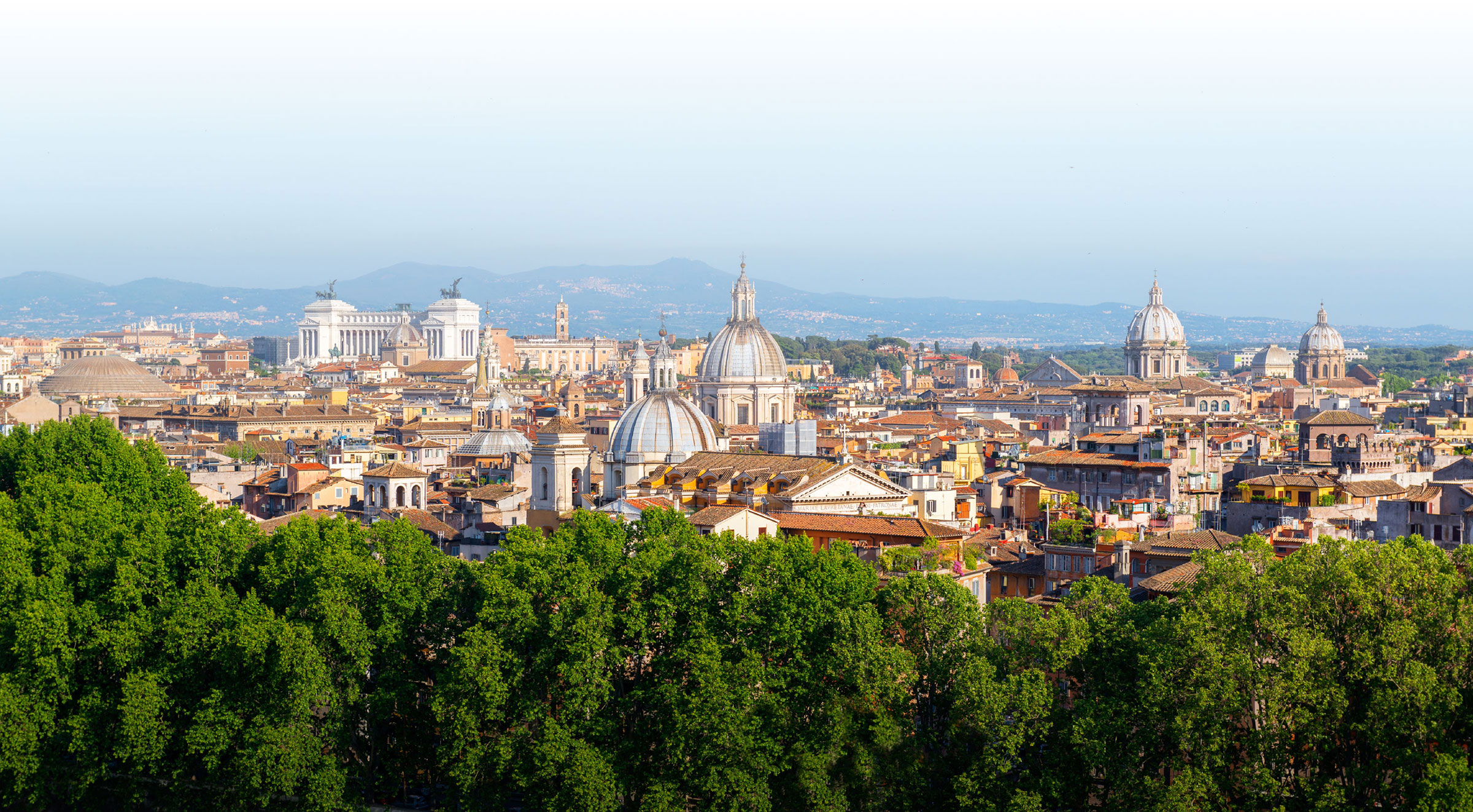Venice, Italy
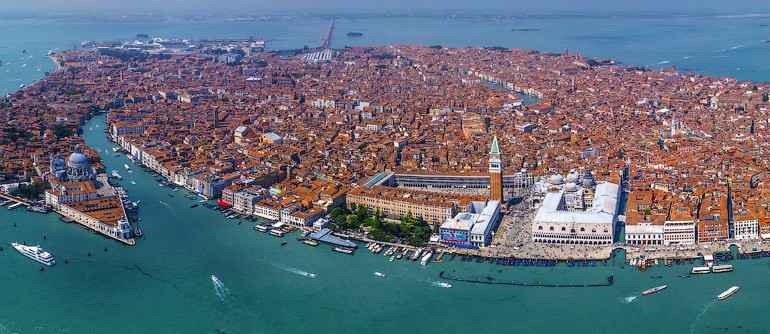
The iconic, floating city of Venice provides many unique, educational opportunities for visitors in addition to its beautiful canals. Venice offers a valuable look into the trade relationships of antiquity. Here, your children can see how the ability to monopolize trade in the high demand product markets of silk and spices contributed to its rapidly growing wealth. Another option for those interested in how ancient trade routes and trade relationships developed is to follow Marco Polo’s journey to China and the goods that he then introduced to Europe. These historic insights are all placed against the backdrop of a city that is itself an engineering marvel. While walking along the canals and gazing at the city your entire family can contemplate the engineering challenges of constructing a floating city and consider the solutions actually developed. An excellent pre-trip activity for students could involve trying to ‘solve’ these engineering problems and then comparing their answers to the solutions found by both ancient and modern Venetian engineers. The possibility to investigate even further is opened when one considers a new challenge facing the city: rising tide levels due to climate change. Here, Venice positions itself at the front of a modern day challenge facing the world.
Venice is an absolute marvel. With a population of only 60,000, it hosts over 20 million tourists a year. Essentially built on stilts, the city has faced many unique challenges over the years, from obtaining drinking water to rising water levels and sinking buildings. Indeed, Venice invites consideration of the question: why build a city on the water at all? A trip to Venice provides a great opportunity for your children to consider this question and develop their own ideas.
Protected for several hundred years against larger, would-be conquerers by its lagoon, Venice demonstrated the viability of a republic in a world dominated by monarchies. Here is a valuable opportunity to study the heritage of the democracy we practice today. Venice’s development above the water severely limited access to natural resources. Given its limited resources, Venice focused its efforts on the sea, developing and building a strong naval armada that supported its bases around the Mediterranean and protected its trading ships. Here, again, is a unique opportunity to understand territorial control and also naval war ship design. Beginning around 1000 AD, with income from transporting Christians visiting Jerusalem, Venice would aggressively take control of the trade routes that brought silk and spices from Asia through the Middle East and into Europe. Recognizing the overriding importance of its trade routes, Venice would battle Constantinople and the Turks in a constant effort to maintain those trade routes. Ultimately, it would be a combination of three disparate events that would defeat the Venetians. First, the bubonic plague (the Black Death) would decimate the population of the Republic of Venice in 1630, taking the lives of 80,000 of its 200,000 citizens. The Turks, having conquered Constantinople, would then set their sights on Venice and use their incredible resources to squeeze the manpower limited Venetians. Lastly, at the other end of the Mediterranean, the Portuguese discovery of a sailing route around Africa would break the Venetian monopoly on the spice trade and undermine the Venetian economic golden goose.
Venice is a world-class city with much to offer. With some advance planning your children will be prepared to absorb and analyze the unique characteristics that allowed this very small-city state to take on the world. Venice’s unique combination of political and economic history make it a vibrant study topic for students with wide ranging interests. Your children can trace the course of history as Venice established itself as an economic power to the challenges the city faces today as rising water levels fill St. Mark’s Square at high tide in winter. Our travel experts can help you plan a once-in-a-lifetime trip filled with unforgettable experiences and unique learning opportunities.
Learning Opportunities:
- Discover how a republic differs from a monarchy and how this system of government supported Venice’s success.
- Strengthen problem solving skills by ‘solving’ the challenges of building a floating city, and comparing answers with the real-life solutions.
- Witness the challenges and problems created by climate change and rising water levels.
- Develop an understanding of ancient trade relationships and their impact throughout history.
- Understand the vital role geography plays in the development of a nation’s economy.
A travel expert can help you avoid when Piazza San Marco (St. Mark’s Square) floods or the stinky hot season.
Photo Gallery
Read
Watch
Your Travel Expert


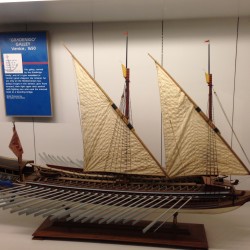
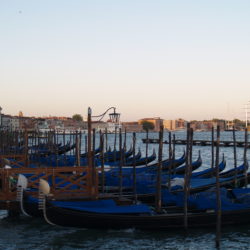
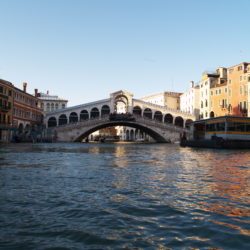
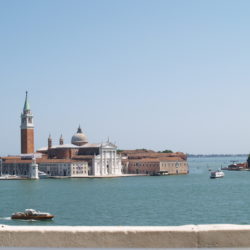
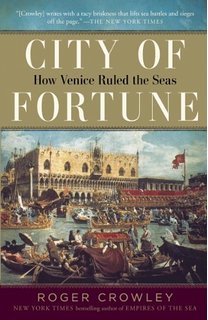 City of Fortune: How Venice Ruled the Seas
City of Fortune: How Venice Ruled the Seas
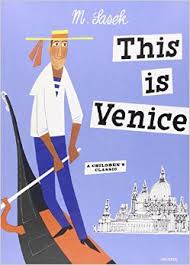 This Is Venice
This Is Venice
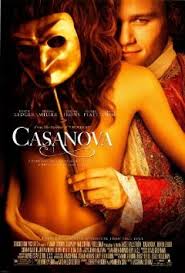 Casanova
Casanova
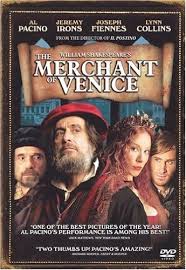 The Merchant Of Venice
The Merchant Of Venice
